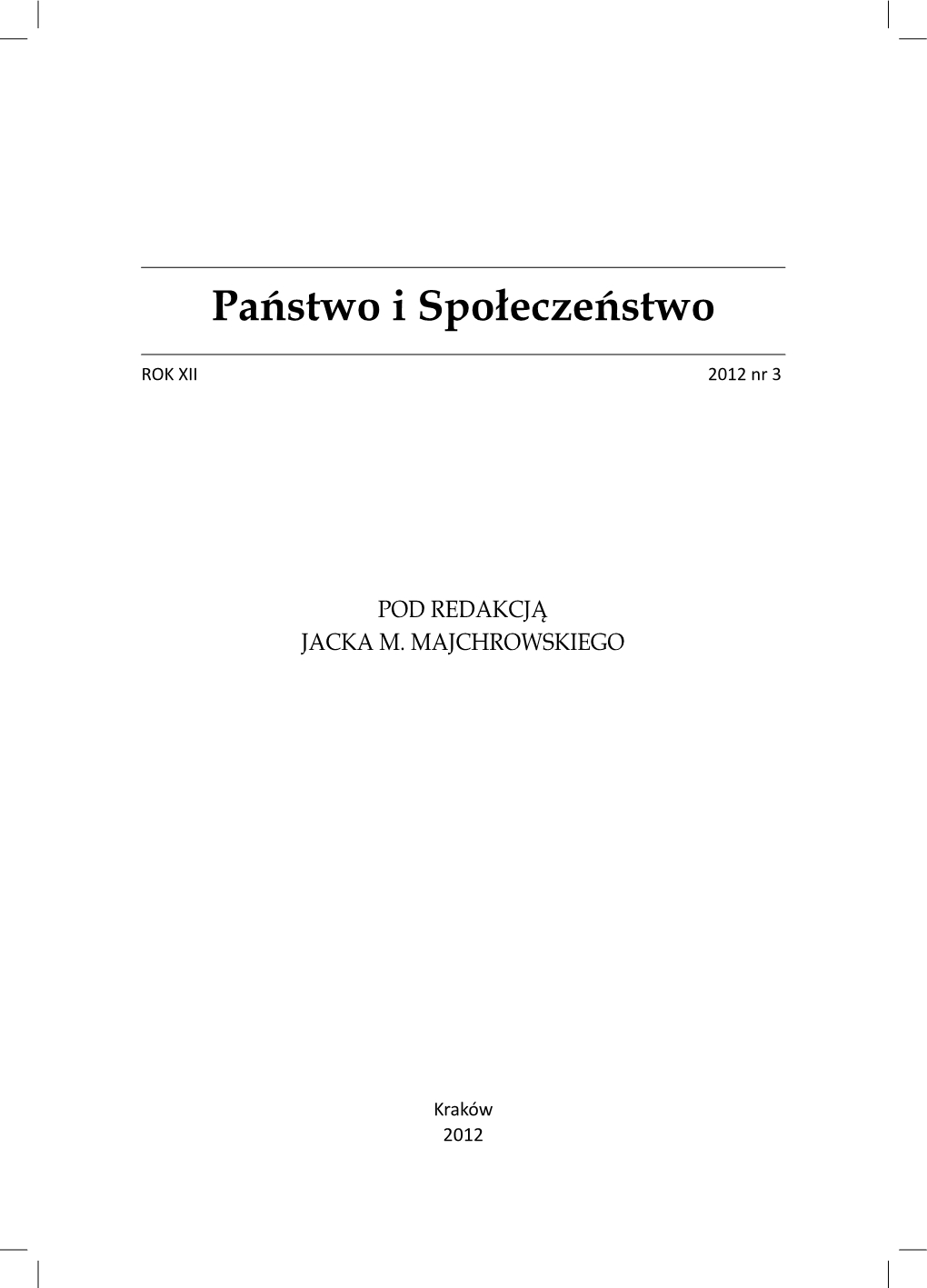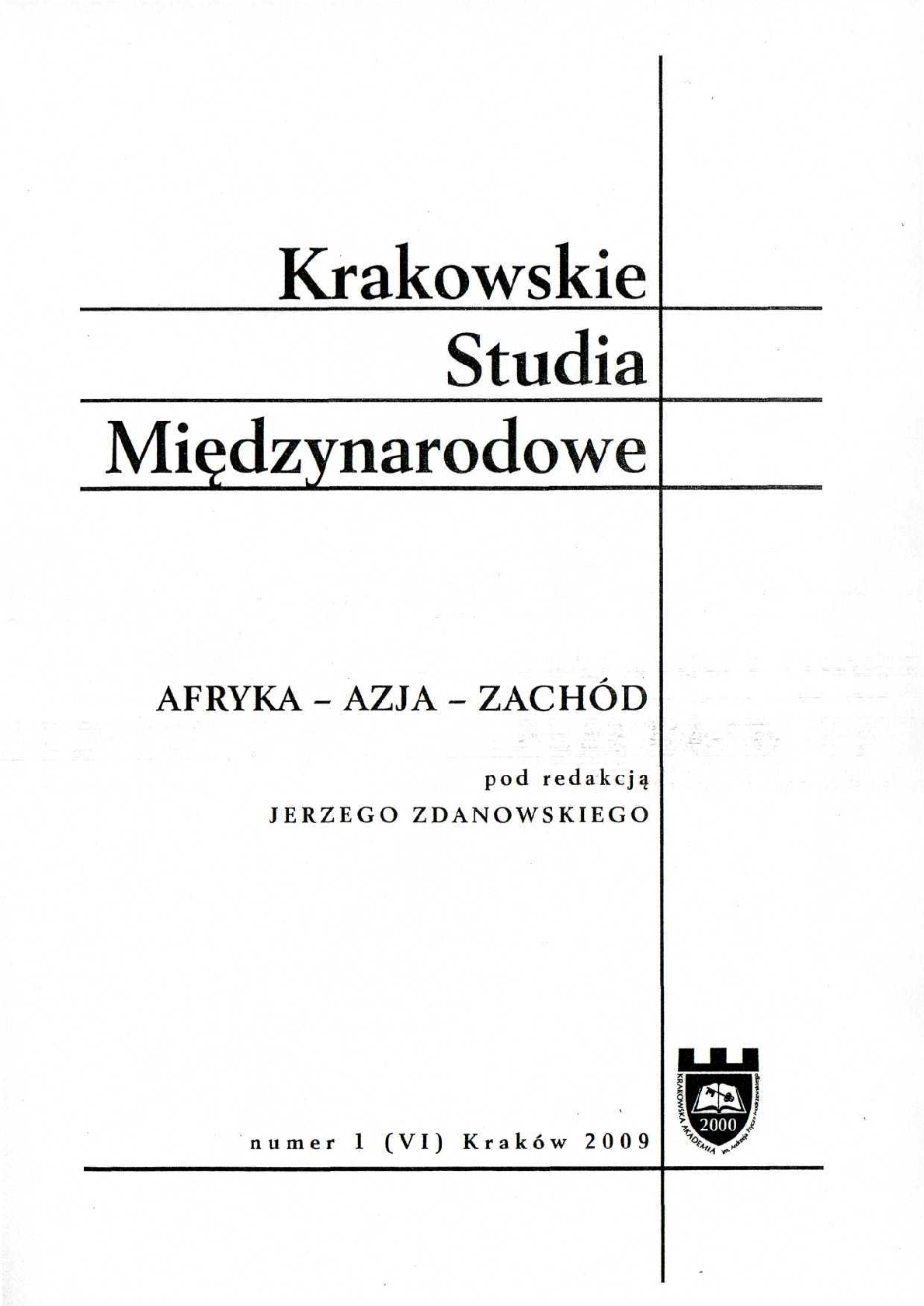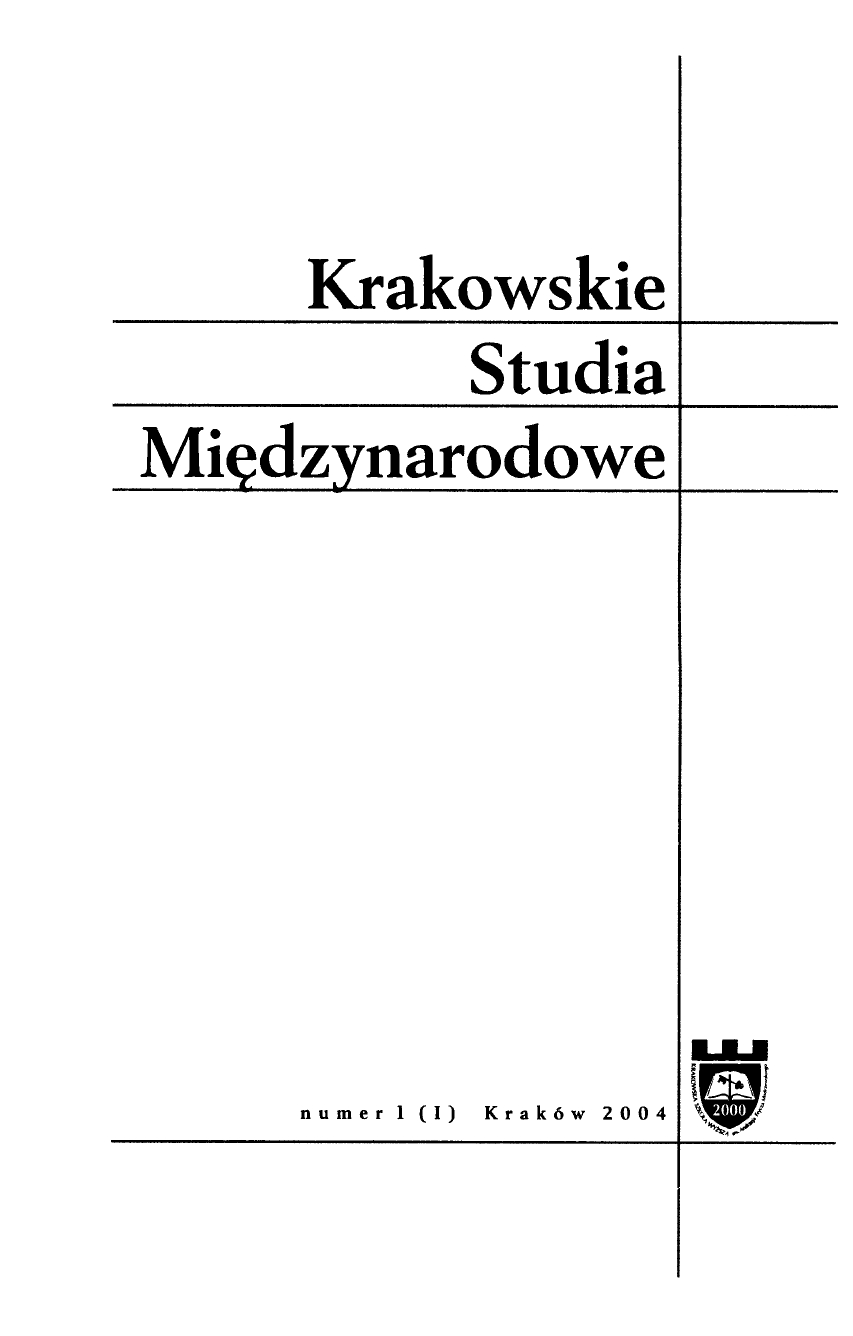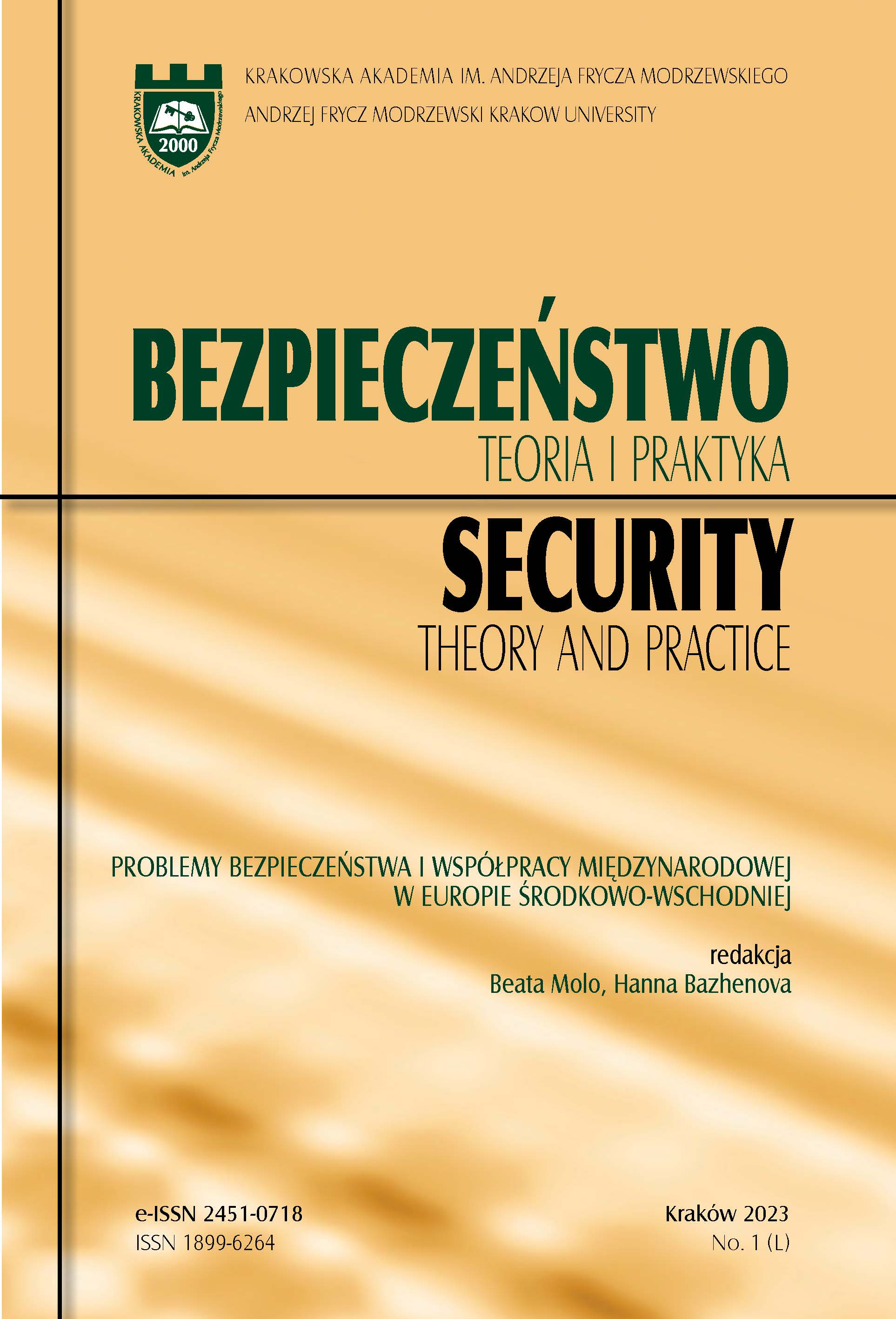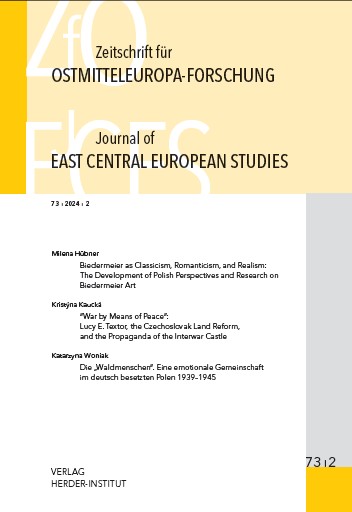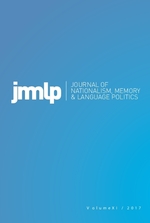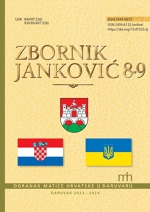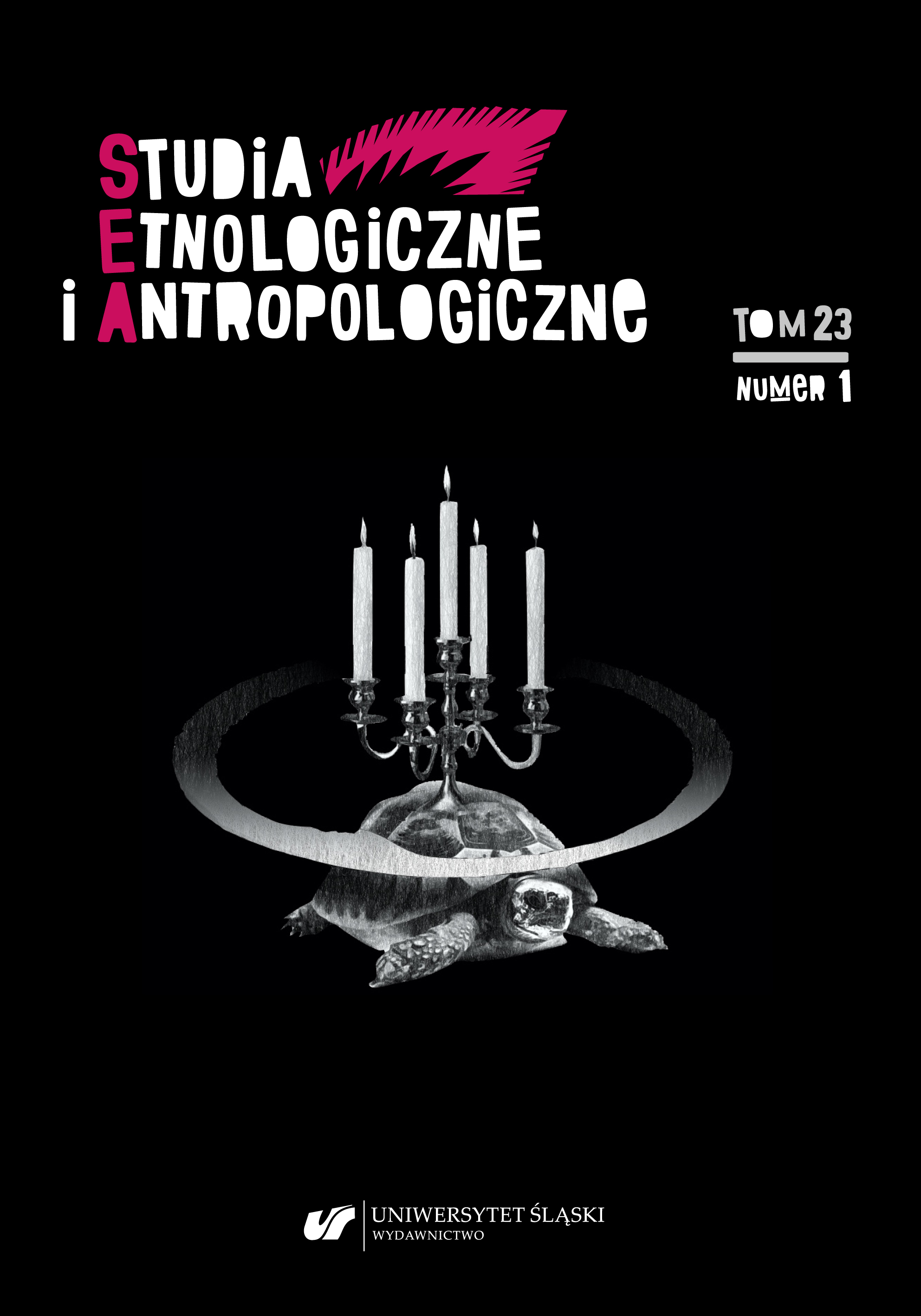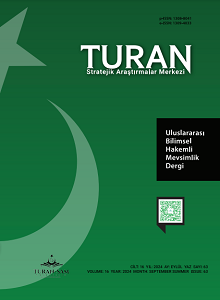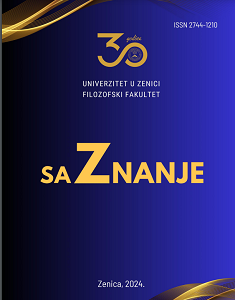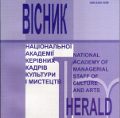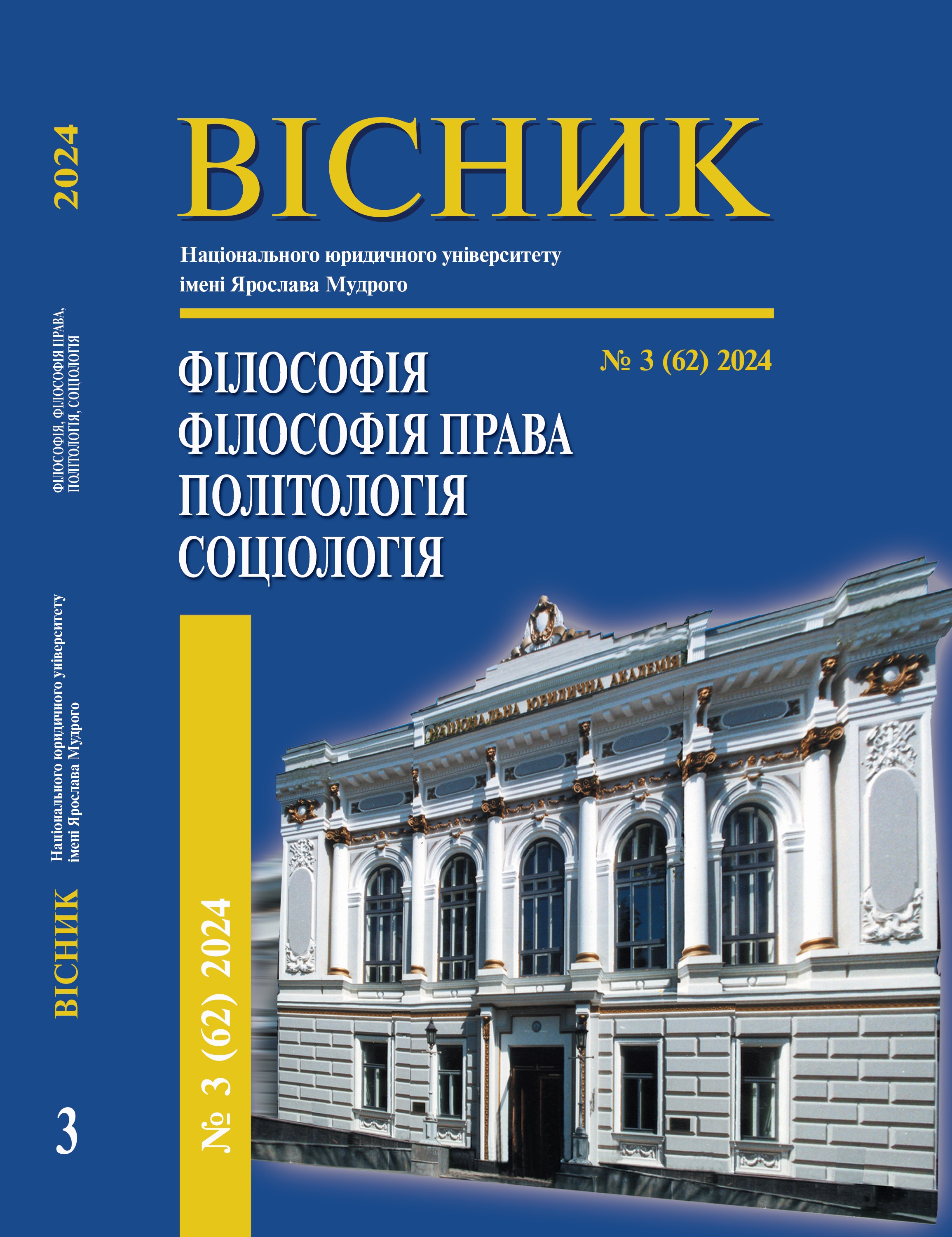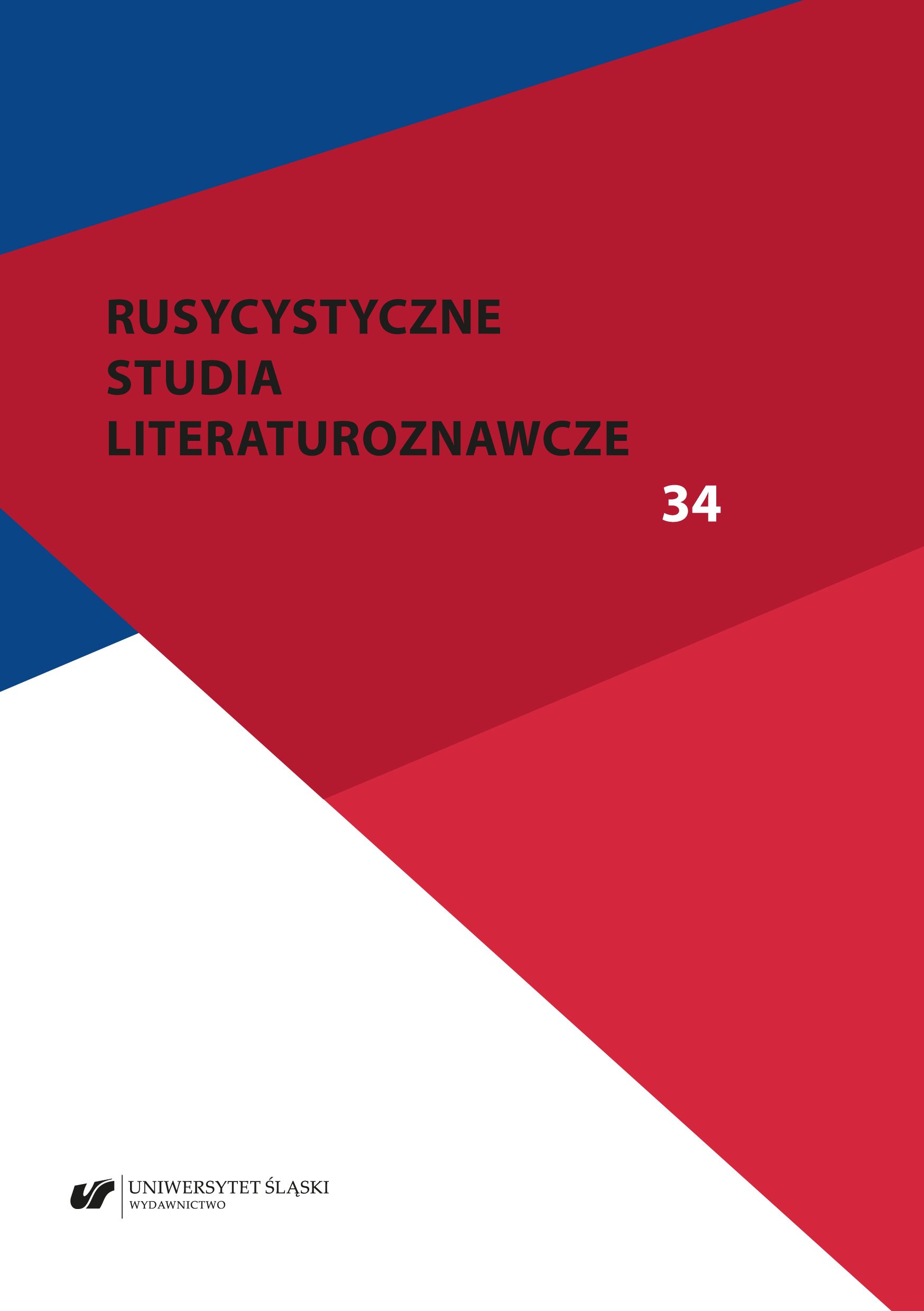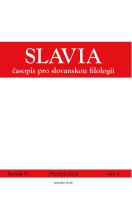Author(s): Maryna Beesonova,Kateryna Shymkevych / Language(s): Croatian
Issue: 8-9/2024
The article presents the historical aspect of the development of Russification as a particular policy of the Principality of Moscow and the Russian Empire towards the Ukrainian language and Ukrainians from the middle of the 17th century until today. Russification has different meanings in different sources and books, which affects the appearance of similar definitions such as „Russification,” „Zrosyshсhenia,” „Russification,” „Pomoscalenia,” Moskalization, „Moscowization.” Russification of Moscow/Russia, according to Ukrainians and the Ukrainian language, has several meanings – ideological, philological, and historical-political. Despite the harsh measures implemented by the Moscow/Russian government, the Ukrainian people and their language have shown remarkable resilience. Russification was realized using assimilation, the banning of the Ukrainian language, displacement, and deportation, mixed marriages, and deprivation of national identity and self-awareness. A major role in these processes was played by the Orthodox Church of the Moscow Patriarchate, which existed since the 17th century as an assistant to total Russification and its spread to the Ukrainian people. Mandatory elements of Russification were the banning of Ukrainian literature and culture, the introduction of the Russian language in schools, the destruction of intellectuals, and anyone who fought against the Moscow/Russian and Soviet governments. These processes were characteristic of the Russian Empire and Soviet Ukraine, as well as in independent Ukraine, which Moscow now considers its territory. This is why Russia is trying to prove that the Ukrainian language, a rich and distinct culture, never existed as an independent one, and Ukrainians and their history are part of the Russian people and Russian history
More...
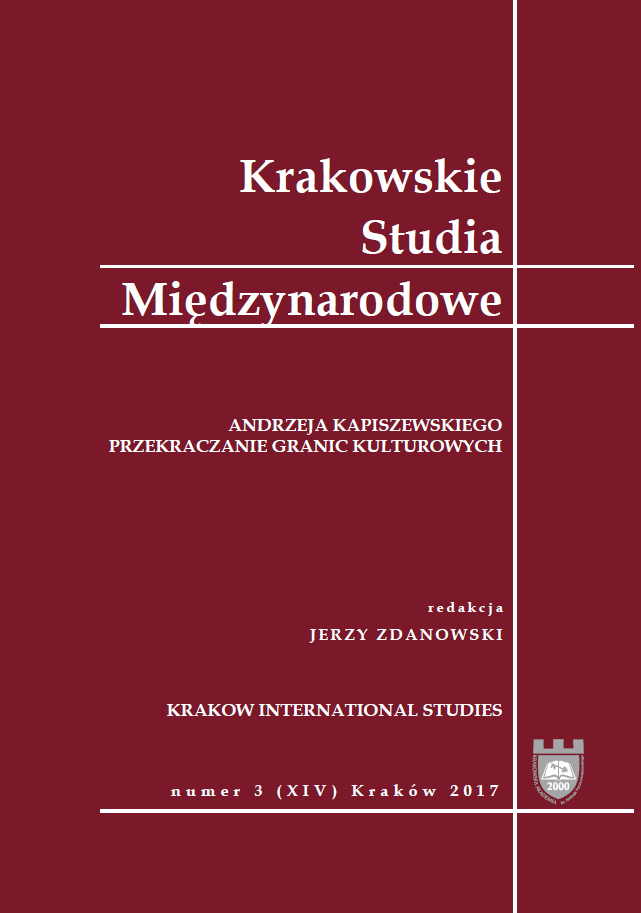

![Helmut Wagner, Vom Stoerenfried zum Buergen. Die “deutsche Frage” im europaeischen Kontext. Ein politischwissenschaftliches Essay, [Mut Verlag, Asendorf 2012, 238 s.]](/api/image/getissuecoverimage?id=picture_2012_45208.jpg)
